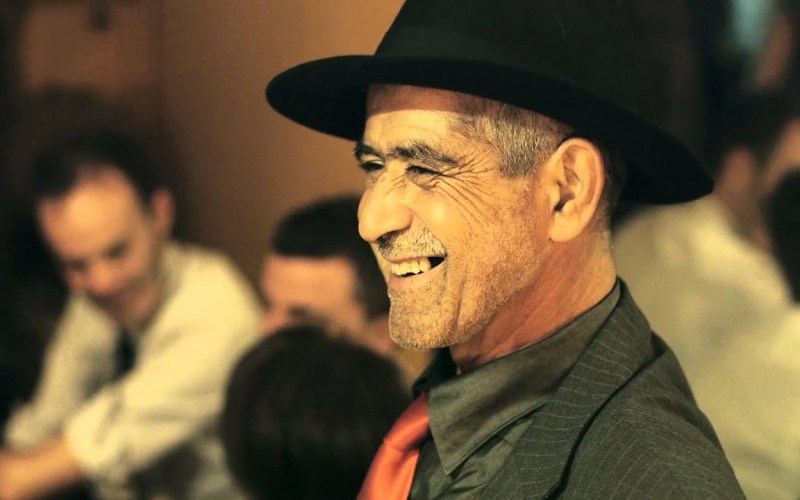Who is Vladimiro Montesinos?
Vladimiro Montesinos is a figure of significant import in Peru’s political landscape, primarily for his role as the former head of the National Intelligence Service (SIN) and his influence during the presidency of Alberto Fujimori in the 1990s. Born on May 20, 1945, Montesinos had a varied career that saw him become a prominent lawyer and military officer before stepping into a political advisory role that would cement his influence—and infamy—in Peruvian history.
Montesinos’ ascent to power began in earnest when he became an advisor to Fujimori. Known for his ability to maneuver through Peruvian political and military circles, he quickly positioned himself as the de facto power behind the presidency. His connections, tactical mind, and understanding of intelligence operations made him both valuable and dangerous.
The Network of Influence and Deceit
The story of Vladimiro Montesinos gained international infamy because of the extensive corruption scandal that characterized his time in authority. At the heart of his power was dominance over the SIN, where he reportedly managed an extensive network of unlawful surveillance, bribery, and intimidation aimed at ensuring Fujimori’s grip on leadership.
One of the most significant aspects of Montesinos’s case involved the widespread deployment of bribes, commonly referred to as “vladivideos.” These video recordings, meticulously captured by Montesinos himself, documented numerous public officials, media moguls, and business leaders receiving cash in exchange for political favors or loyalty. These tapes were intended as insurance against betrayals, yet they ultimately became key evidence in his downfall.
The Legal Proceedings and Implications
When the tapes were made public, the effects were immediate and dramatic. These disclosures were pivotal in Fujimori stepping down in 2000 and initiated a series of legal actions against Montesinos. Accused of offenses such as corruption, embezzlement, and violations of human rights, he was finally apprehended in Venezuela in 2001 following a significant international search.
The proceedings against Montesinos extended over several years, and he confronted more than seventy separate allegations. Among the most significant were the accusations connected to his management of death squads and his participation in arms smuggling. He received prison terms that span many years, with his release planned for far ahead. His convictions were a clear demonstration of the extensive and profound nature of his actions behind the scenes in Peruvian politics.
Long-lasting Impact and Reflection
The impact of Vladimiro Montesinos is a multifaceted narrative of authority, misconduct, and governmental manipulation. His impact on Peru’s political landscape was both deep and destructive, revealing weaknesses that continue to serve as warnings concerning governance and intelligence practices. The disclosures from the “vladivideos” scandal triggered important changes intended to limit the unchecked power that Montesinos exercised.
Reflecting on the Montesinos case offers a lens into the broader human condition and the corrosive potential of power. The episodes surrounding his life serve as a reminder of the critical need for transparency, accountability, and moral integrity in leadership. As Peru continues to reconcile with its past, the story of Montesinos remains a poignant example of how the actions of one can echo through a nation’s narrative, prompting ongoing dialogue about justice and reform.
